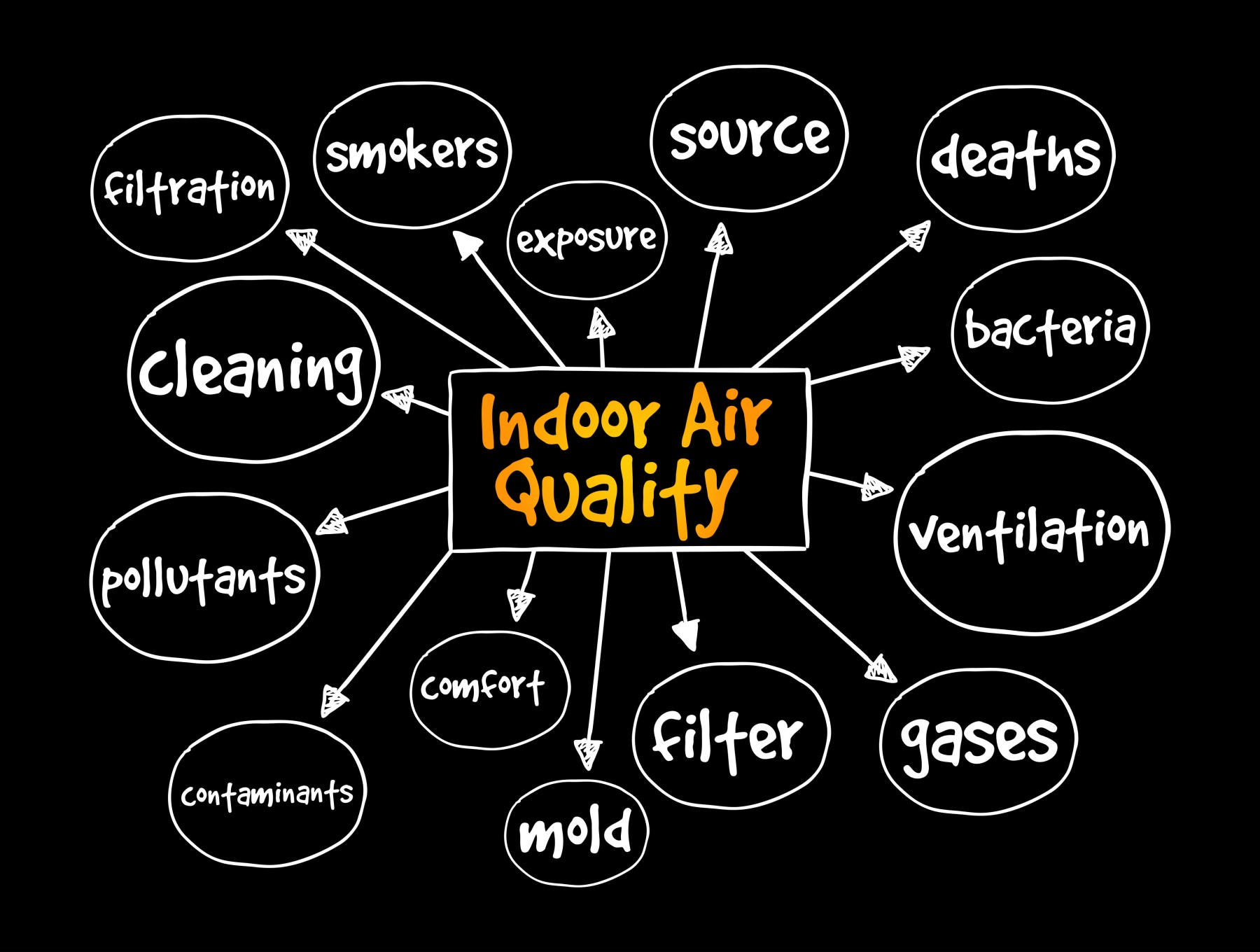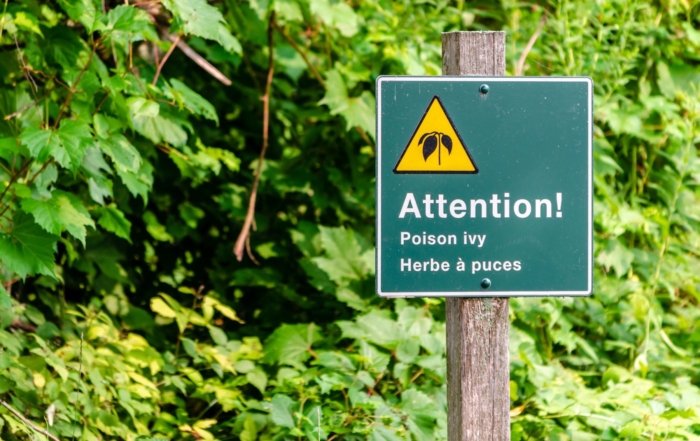In the automotive, roads, fuel, fleet, and related industries, indoor air quality (IAQ) is a critical factor that significantly impacts the health, safety, and productivity of employees. As these industries often involve working with hazardous substances, pollutants, and contaminants, it is crucial for businesses to recognize the importance of maintaining good IAQ and take proactive steps to address potential issues.
Exposure to poor indoor air quality can lead to a range of health problems, including respiratory issues, headaches, fatigue, and allergic reactions. These health concerns not only affect the well-being of employees but can also result in increased absenteeism, reduced productivity, and potential workers’ compensation claims. According to the Occupational Safety and Health Administration (OSHA), exposure to diesel exhaust, a common pollutant in these sectors, can cause respiratory problems and may even increase the risk of lung cancer.
To address IAQ concerns and protect the well-being of their employees, businesses in these industries should consider implementing the following best practices:
1. Conduct Regular IAQ Assessments
– Perform periodic assessments of indoor air quality, including testing for common pollutants such as carbon monoxide, nitrogen oxides, and particulate matter.
– Identify potential sources of contamination, such as improperly maintained vehicles, leaking fuel storage tanks, or inadequate ventilation in workshops and garages.
2. Implement Effective Ventilation Systems
– Ensure that workspaces are equipped with adequate ventilation systems to remove pollutants and introduce fresh air.
– Install local exhaust ventilation systems in areas where hazardous substances are used or generated, such as vehicle repair bays or fuel dispensing stations.
3. Provide Personal Protective Equipment (PPE)
– Equip workers with appropriate PPE, such as respirators, when working in areas with high levels of pollutants or when handling hazardous substances.
– Ensure that PPE is properly maintained, stored, and replaced as needed to maintain its effectiveness.
4. Implement Regular Vehicle and Equipment Maintenance
– Establish a regular maintenance schedule for vehicles and equipment to minimize emissions and reduce the release of pollutants into the work environment.
– Ensure that vehicles and equipment are properly tuned and maintained to optimize fuel efficiency and reduce exhaust emissions.
5. Educate and Train Employees
– Provide training and education to employees on the importance of good IAQ and the steps they can take to minimize exposure to pollutants.
– Encourage employees to report any IAQ concerns or health symptoms related to poor air quality.
6. Adopt Clean Technologies and Practices
– Invest in clean technologies to reduce emissions and improve IAQ in the workplace.
– Implement practices such as anti-idling policies and the use of low-emission fuels to further minimize the release of pollutants.
Maintaining good indoor air quality is a shared responsibility between employers and employees. By working together to identify and address IAQ issues, businesses in the automotive, roads, fuel, fleet, and related industries can create safer, healthier, and more productive work environments. Investing in the well-being of employees through proactive IAQ management not only benefits individual workers but also contributes to the overall success and sustainability of these vital industries.
Recent Posts
Poison Ivy, Oak & Sumac Safety Guide for Landscaping, Construction, and Outdoor Workers
Why Construction and Outdoor Workers Need to Know About Poison Plants The CDC reports that 80-90% of adults develop rashes from poison ivy exposure, and [...]
Multi-State Business Operations: Insurance and Compliance Strategies for Growing New Hampshire Auto Companies
Picture a successful New Hampshire automotive dealership that starts with a single location in Manchester. Over time, they expand their service territory, hire employees who [...]
Revolutionary HSA Changes in the 2025 Budget Bill: Your Complete Guide to Expanded Benefits
Introduction: A Game-Changer for Healthcare Financial Planning The 2025 federal budget reconciliation bill, recently passed by the House, introduces the most significant expansions to Health [...]




